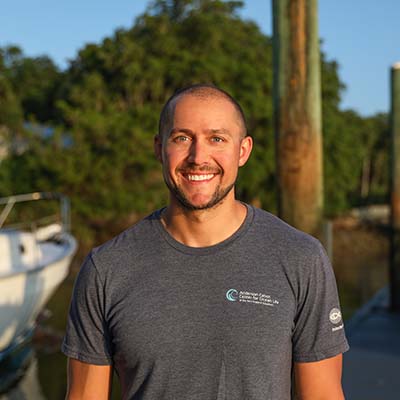Please note: We strongly recommend purchasing tickets online in advance to guarantee entry, as we do sell out on weekends.
Discard mortality of sea scallops (Placopecten magellanicus) following capture and handling in the U.S. dredge fishery
By David B. Rudders, Hugues P. Benoît, Ryan J. Knotek, John A. Mandelman, Sally A. Roman, James A. Sulikowski
Originally published in Marine and Coastal Fisheries in April 2022

Abstract
Discard mortality can represent a potentially significant source of uncertainty for both stock assessments and fishery management measures. While the family Pectinidae is considered to be robust to the capture and handling process, understanding species-specific discard mortality rates is critical to characterize both population dynamics and to develop regulatory measures to meet management objectives. The discard mortality rate for the U.S. dredge fishery of sea scallop Placopecten magellanicus was estimated empirically via a retention study aboard industry vessels under commercial conditions. Over 16,000 sea scallops were assessed via a composite index of scallop vitality that consisted of semiqualitative measures of both overt trauma (shell damage) and response to stimuli. Results indicate that overall sea scallop discard mortality was 21% and consistent with the values currently assumed in the stock assessment. Survival mixture models support the utility of a simple metric of physical trauma as an effective predictor of mortality. Exposure time was also identified as a positively correlated factor that was important in describing the discard mortality process. Application of experimental results highlight the need to consider some operational characteristics of the fishery to reduce potential discard mortality.
Full Text



